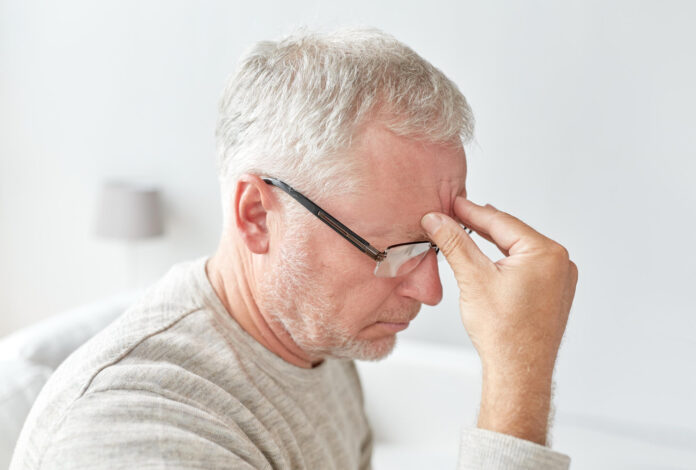Balance problems are common among older adults. Many families first notice these issues when a loved one struggles to walk steadily or has an increased risk of falling.
While safety is a major concern, balance difficulties go beyond preventing accidents. They can affect health, independence, and overall quality of life.
Understanding the reasons behind balance issues can help families and caregivers provide the right support.
The Link Between Aging and Balance
As people age, their bodies undergo natural changes that affect stability. Muscles become weaker, joints stiffen, and reflexes slow down.
Even small changes, such as reduced flexibility, can make walking and standing more difficult. These shifts are normal, but they increase the chances of losing balance during daily activities.
Medical Conditions That Play a Role
Balance problems are not always caused by aging alone. Health conditions often add to the challenge. Diabetes, arthritis, and neurological diseases such as Parkinson’s can affect movement and coordination.
Stroke survivors may also experience weakness on one side of the body, which makes balance harder to maintain. Recognizing these medical factors allows doctors to create treatment plans that improve stability.
The Role of the Inner Ear
The inner ear is a key part of balance. It helps the brain understand movement and position. When the inner ear is affected by infections, fluid buildup, or other conditions, dizziness and unsteadiness can occur.
For seniors, these issues may come and go, making it harder to predict when problems will arise. In many cases, hearing problems are connected as well, showing how closely linked ear health and balance can be.
Professionals often discuss concerns like hearing loss and balance in seniors to highlight the importance of ear care.
Medications and Side Effects
Certain medications can also cause balance difficulties. Drugs for blood pressure, sleep, or anxiety may create dizziness or drowsiness.
Seniors often take multiple medications at once, which increases the risk of side effects. Regular checkups with a doctor can help identify which medicines may be contributing to balance problems.
Emotional and Social Impact
Balance issues affect more than physical health. Seniors may feel anxious about falling and begin to limit their activities. This fear can lead to isolation, as they may avoid leaving the house or joining social events.
Over time, reduced activity affects mood and overall well-being. Helping seniors feel safe while staying active is an important step in protecting their emotional health.
Practical Steps for Support
Families and caregivers can make changes at home to reduce risks. Removing loose rugs, adding grab bars in bathrooms, and improving lighting are simple but effective measures.
Encouraging exercise, such as gentle stretching, yoga, or tai chi, helps strengthen muscles and improve coordination.
Balance training exercises can also restore confidence in movement. For ongoing concerns, physical therapists can create tailored routines to improve stability.
Learn All About Elderly Balance Issues
Elderly balance issues are more than just a safety concern. They involve physical, medical, emotional, and social factors that all shape a senior’s daily life. By understanding the causes and taking early action, families and caregivers can provide the right support.
With medical guidance, home adjustments, and healthy habits, seniors can continue to enjoy comfort, independence, and confidence in their daily activities.
Visit our blog for more!
